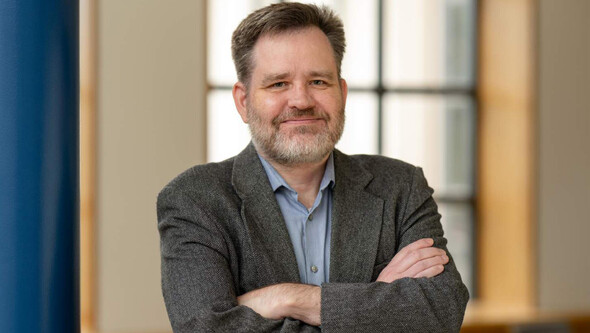
Professor Bell Named Chair-Elect of ASA Sociology of Law Section
Professor of Law and Associate Professor of Sociology Monica C. Bell ’09 was elected Chair-Elect (and 2024–25 Chair) of the American Sociological Association (ASA)’s Sociology of Law section.

MFIA Research Fuels New Connecticut Law Regulating State Use of Algorithms
A landmark law to regulate use of artificial intelligence by Connecticut state government draws from research by the Media Freedom and Information Access Clinic at Yale Law School.
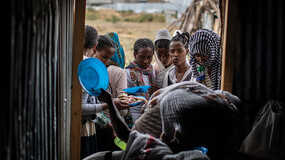
Lowenstein Clinic Finds Ethiopia and Allies Responsible for Mass Starvation in Tigray
A new report from the Lowenstein Clinic concludes, based on publicly available information, that Ethiopia and its allies violated international law by inflicting starvation on civilians in Tigray during the two-year-long war in the region.
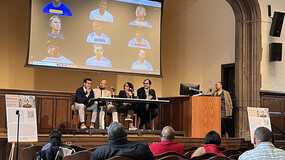
“Facing Life” Explores Life Imprisonment and Racial Injustice in Two States
Facing Life, a symposium of the Law and Racial Justice Center co-sponsored by the Liman Canter, covered topics including life without parole, mass incarceration, and legal advocacy for incarcerated people.
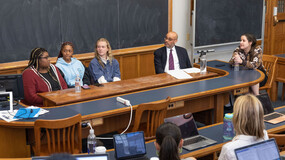
Fostering Future Changemakers
Law School students in the Marshall-Brennan Constitutional Literacy Project teach New Haven Public School students about their constitutional rights, encouraging them to reflect on the law and challenge perceived injustices through critical thinking and oral advocacy.

51 Students and Graduates Receive Public Interest Fellowships
Yale Law School announced that 51 public interest postgraduate fellowships were awarded for 2023–2024 and 2023–2025.
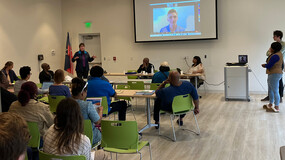
Clinic Aims to Co-Create New Approach to Environmental Justice
A Law School clinic has partnered with the Yale School of Public Health and the Yale Child Study Center to build out a new model of environmental justice practice through work with partners in Bridgeport, Connecticut.

Clinic Releases Guide for People Seeking Sentence Modifications
A new guide by Criminal Justice Advocacy Clinic student Jammie Walker ’24 details the sentence modification process in Connecticut and and outlines ways to empower incarcerated individuals, their friends, and their families to work alongside attorneys.

